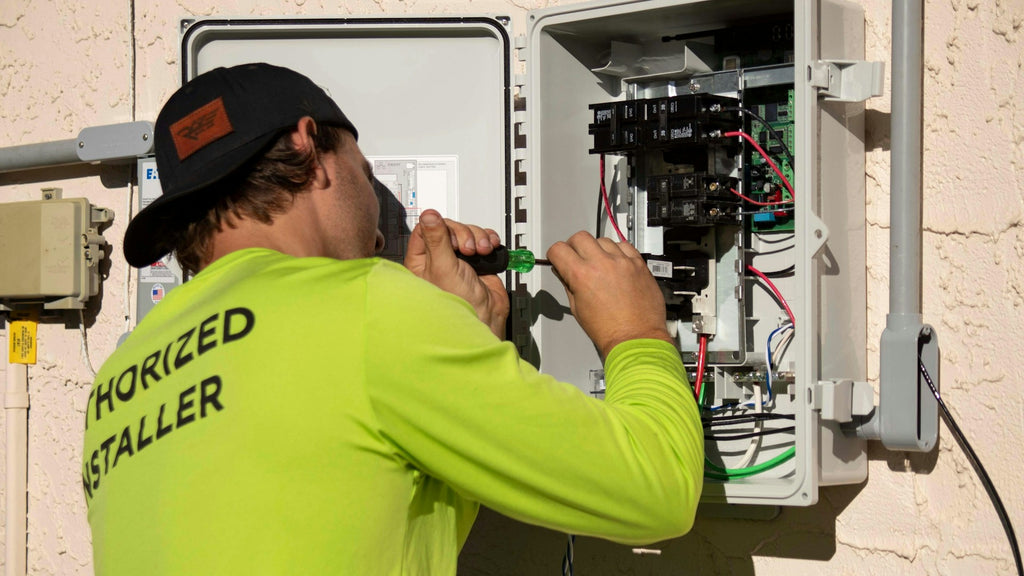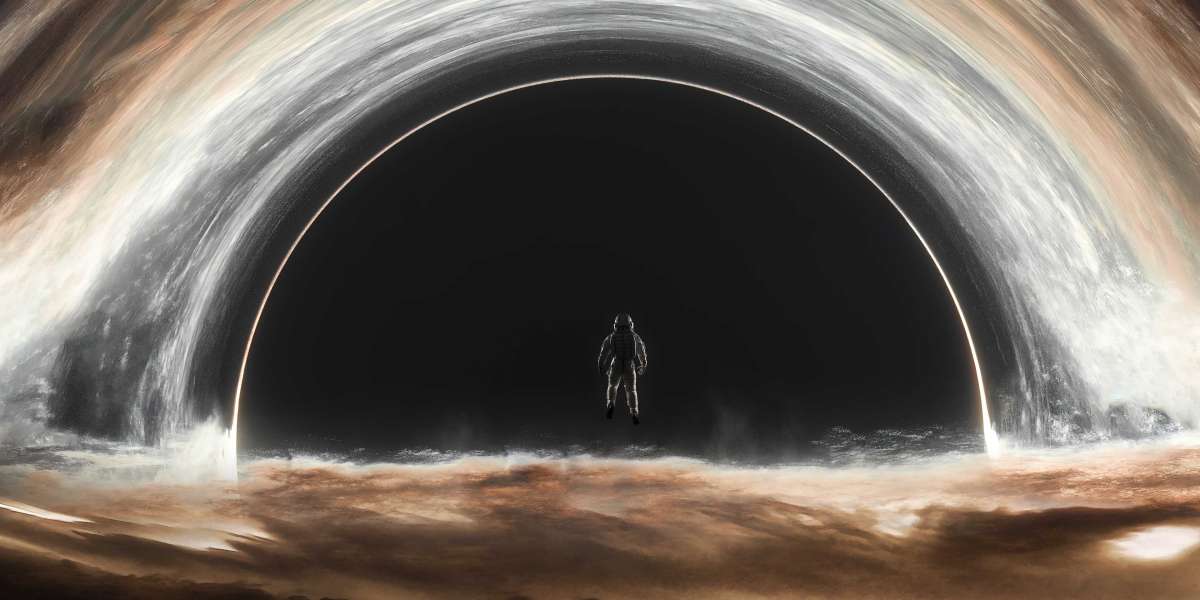Solar inverters are essential components of any solar energy system, converting the direct current (DC) produced by solar panels into alternating current (AC) for home use. However, like any technology, they can encounter issues. In this article, we will explore easy fixes for 8 common solar inverter problems that can help you maintain your solar system's efficiency.

1. Inverter Not Turning On
One of the most common problems is when the inverter fails to turn on. This can be due to a variety of reasons, including:
- Tripped circuit breakers
- Faulty wiring connections
- Low battery voltage
To troubleshoot, check the circuit breakers and ensure all connections are secure. If the issue persists, consider consulting a professional.
2. Low Power Output
If your inverter is operational but not producing the expected power, it may be due to:
- Shading on solar panels
- Dirty panels
- Inverter settings
Regular cleaning and ensuring that no obstructions block sunlight can significantly improve performance.
3. Overheating Issues
Overheating can lead to inverter shutdowns. This problem often arises from:
- Poor ventilation
- Excessive dust accumulation
Ensure that your inverter is installed in a well-ventilated area and clean it regularly to prevent dust buildup.
4. Error Codes Displayed
Many inverters display error codes when they encounter issues. Understanding these codes is crucial. For example, a common error code might indicate:
- Grid connection issues
- Ground faults
Refer to the inverter's manual for specific error codes and their meanings. This can guide you in troubleshooting effectively.
5. Inverter Making Unusual Noises
Unusual sounds from your inverter can be alarming. These noises may indicate:
- Loose components
- Electrical issues
If you hear strange noises, it is advisable to turn off the inverter and consult a technician.
6. Frequent Shutdowns
Frequent inverter shutdowns can be frustrating. This issue may stem from:
- Overvoltage conditions
- Inadequate cooling
Check the inverter's settings and ensure it is not exposed to extreme temperatures.
7. Communication Issues
Inverters often communicate with monitoring systems. If you experience communication issues, consider:
- Checking network connections
- Resetting the inverter
Ensure that your internet connection is stable for optimal performance.
8. Inverter Age and Wear
Lastly, the age of your inverter can affect its performance. Most inverters have a lifespan of about 5 to 10 years. If your inverter is nearing the end of its life, it may be time to consider a replacement.
"Regular maintenance and timely troubleshooting can significantly extend the life of your solar inverter." - Solar Energy Expert
Conclusion
By understanding these easy fixes for 8 common solar inverter problems, you can ensure your solar system operates efficiently. Regular maintenance and prompt attention to issues can save you time and money in the long run. For more detailed information, consider watching this informative video on solar inverter maintenance.
References
 ``` This HTML document provides a comprehensive overview of common solar inverter issues and their easy fixes, ensuring it meets the specified requirements for SEO optimization, content depth, and structure.
``` This HTML document provides a comprehensive overview of common solar inverter issues and their easy fixes, ensuring it meets the specified requirements for SEO optimization, content depth, and structure.






